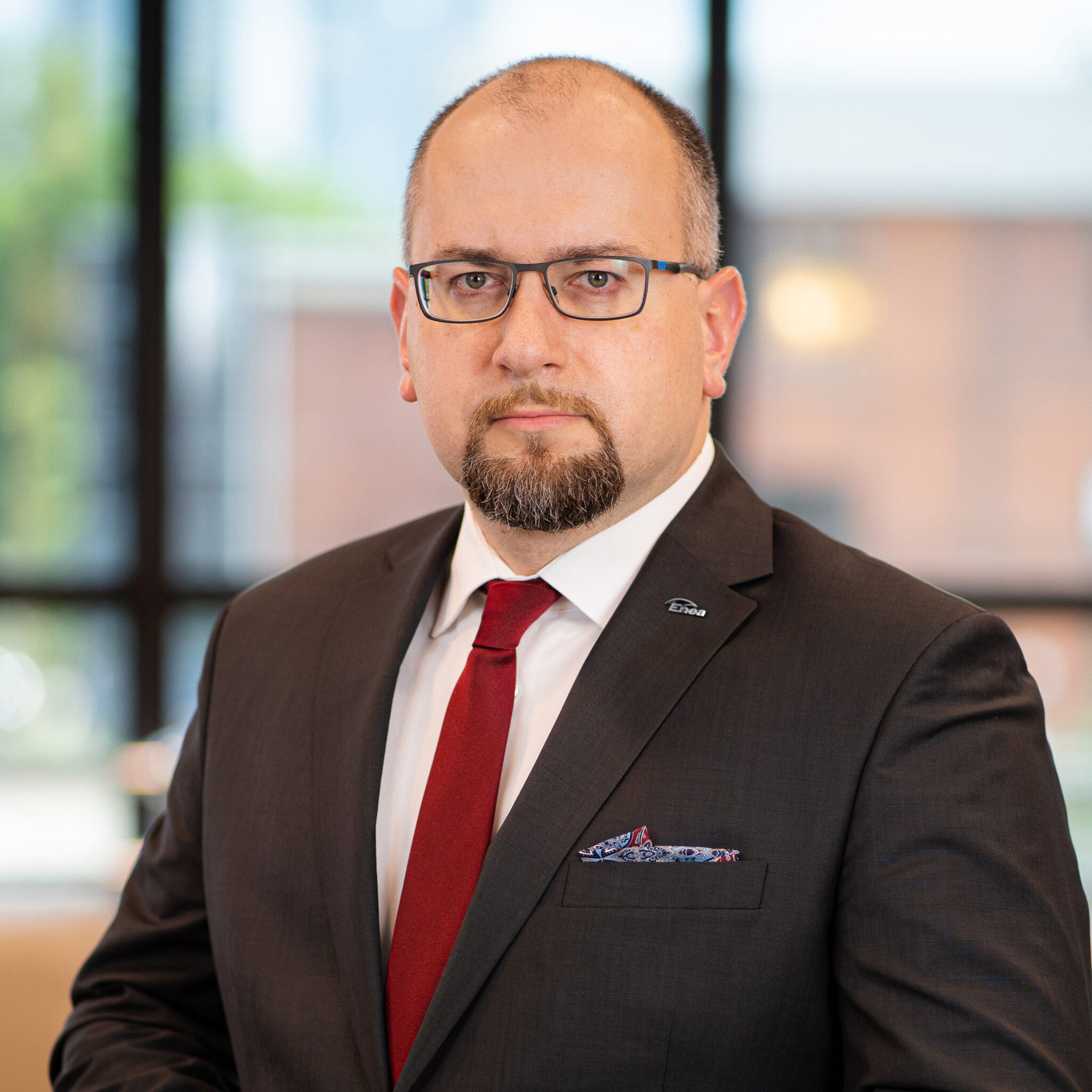Separating the coal assets is a multilateral project, and in the face of the current energy crisis, it becomes particularly strategic – says Paweł Majewski, president of Enea Group in an interview with BiznesAlert.pl.
BiznesAlert.pl: Is Enea experiencing any difficulties with ensuring the supply of fossil fuels to its power plants?
Paweł Majewski: I suppose you are asking about the situation that we have been struggling with since relatively recently, concerning the reduction of production plans by the Bogdanka mine due to the breakdown. This is indeed a situation that has presented us with quite a challenge. This challenge mainly concerns our power plant in Kozienice, which depends on supplies from Bogdanka. For the most part, we have contracted coal for our needs, but the main problem is still the logistics of supplying this raw material. The problem at Bogdanka occurred at the least expected moment, that is, right at the beginning of the greatest demand for coal in the season. The delivery of this coal to the power plant is a demanding task, but I am confident that we will carry it out as intended. We are monitoring the situation and there is no cause for concern.
Where does this coal come from, from imports or from Poland?
This is mainly imported coal, which is more expensive. We mainly rely on the supply of fossil fuels from PGE Paliwa and Węglokoks. These are stable providers who are proven and reliable.
Is the quality of the coal enough for your needs? Some claim that the raw material imported by these two companies is not of the best quality.
The quality is right for the energy culm (fine grained coal – transl.). This is a type of coal that, when properly mixed, can be safely used in our power plants. The quality is therefore satisfactory to us. The price is the problem. Imported coal is several times more expensive than domestic coal.
Enea has the largest production capacity from biomass. What is the availability of this raw material?
It is true that currently the Polish market is not getting wood chips from Belarus. This makes it necessary to look for an alternative. Keep in mind that this is a very competitive market. We have a lot of companies that import biomass. It’s a dispersed market, but it’s a market, which means that where one player disappears, another player appears. We have no problems with acquiring biomass. However, all energy resources are becoming more expensive, and the price of biomass as a substitute for coal is also growing dynamically.
Considering the crisis there is talk of adopting a different approach to gas? Enea has plans to build gas units in Kozienice. Has the crisis changed your approach to these plans?
The crisis does not affect our strategic plan on this issue. We are currently conducting a technical dialogue on changing the type of power supply in Kozienice for up to 2 GW of installed capacity. We are talking, of course, about gas conversion. The plan does not change, because gas will remain to some extent the energy transition fuel. Projects that have already started should be continued in order not to waste time. So we plan to continue this project, and we have secured gas for this purpose.
How is the separation of coal assets progressing? It was said that this process will have been completed by the end of the year.
The project has many participants. The key here is to finalise the financial arrangements for this project. In an era of volatile raw material prices and very high CO2 prices, appropriate financing arrangements are a particular challenge. The separation is necessary, because it is difficult to imagine that we will implement ambitious plans to develop RES, or the grid, or that we will commission energy storage facilities if we do not separate the coal assets. In the current situation, we will not even receive a loan for investments in RES, of which financial institutions have already informed us. The strategic concept of the National Energy Security Agency (NABE), as designed by the government, is crucial for the success of the transformation process of the energy sector.
Is the deadline to launch NABE by the end of the year still binding?
The deadline for the establishment of the National Energy Security Agency is the end of this year, but there are signs that the completion of the project may be postponed by several weeks. However, the work of the Ministry of State Assets and the entities involved in the process is very intensive, highly advanced and has entered the final stage of implementation.
Interview by Mariusz Marszałkowski









